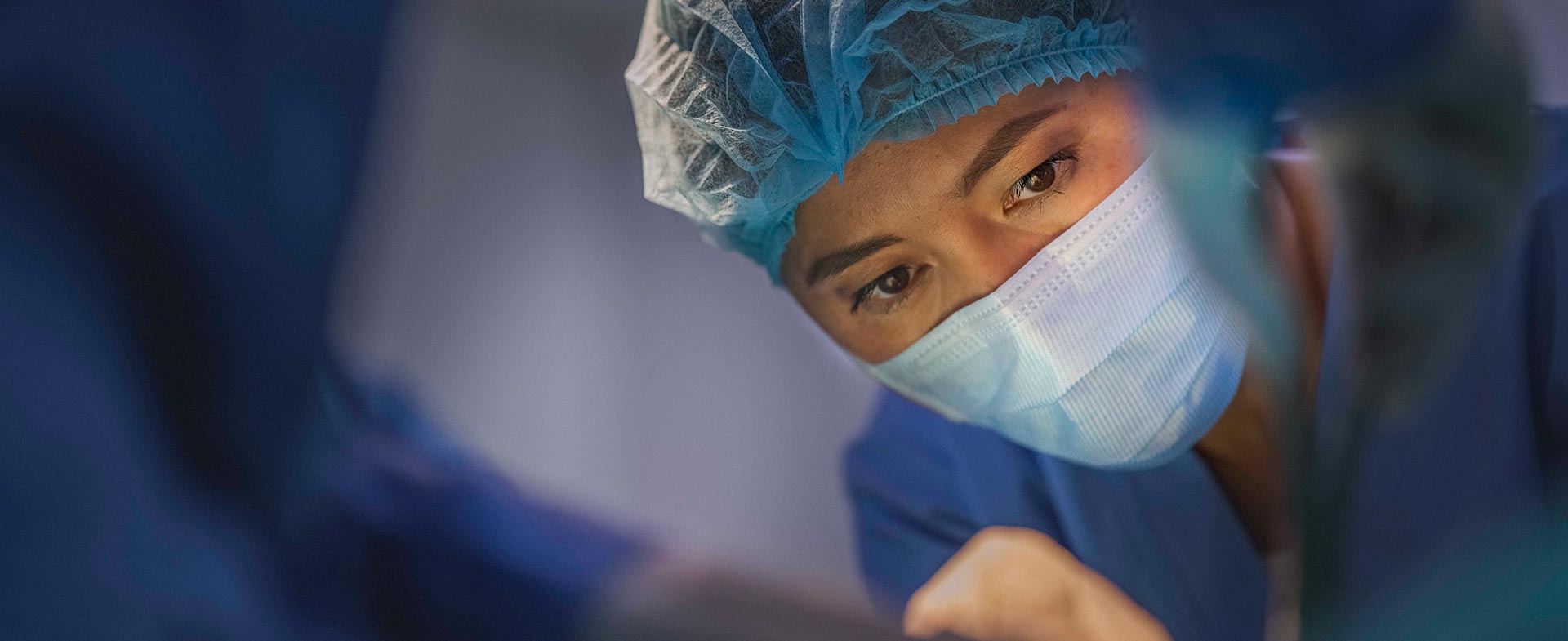Surgery has come a long way since the days when a routine trip to the operating room would require a long, painful incision and many days recovering in the hospital. Modern minimally invasive surgery uses unique small tools that allow surgeons to safely perform these same procedures through small openings.
These minimally invasive surgeries may result in less bleeding, reduced risk of infection and other complications, shorter hospital stays (or even going home the same day), faster recoveries and less scarring.
“As a general surgeon, I choose from a variety of surgical techniques, ranging from traditional open surgery to less invasive options, based on what will best take care of the needs of each patient,” said Henry Ford Health general surgeon Shawn Obi. DO, FACS. “I use minimally invasive surgical options whenever it is appropriate because it typically causes less discomfort for the patient, lets them return to work sooner, results in lower risks of complications, and gets patients back to more normal function sooner than with open surgery.”
When performing minimally invasive surgery, instead of making a large incision, the surgeon typically makes three to five small incisions and then inserts narrow tubes called trocars. A lighted, miniature camera is then placed through one of the trocars. The images from the camera are displayed on large video monitors that give the surgeon a clear, magnified view. The surgeon then places specialized instruments through the other trocars to perform the necessary procedure.
Minimally invasive surgical techniques include robot-assisted surgery and laparoscopic surgery for procedures in the abdomen and in the chest, single incision surgeries in which the instruments and camera go through a single incision at the belly button, and incisionless endoscopic procedures using a flexible scope placed through the mouth and into the stomach, intestines or airway.
If you’re having you surgery in the near future, talk with your surgeon to learn if a minimally invasive option is appropriate for you.
To find a doctor in your area, visit henryford.com or call 1-800-HENRYFORD (436-7936) in the Detroit area or (517) 205-4800 in the Jackson area or south central Michigan.
Shawn Obi. DO, FACS, is the medical director for surgical services and chief of surgery at Henry Ford Jackson Hospital. Dr. Obi chooses from a variety of surgical techniques to most appropriately address the needs of each individual patient. His clinical interests include diseases of the adrenal glands; tumors/cancers and other diseases of the gastrointestinal tract (including stomach, gallbladder, liver, small intestine, large intestine/colon or rectum); thyroid disease; parathyroid disease; hernia; and breast disease.



